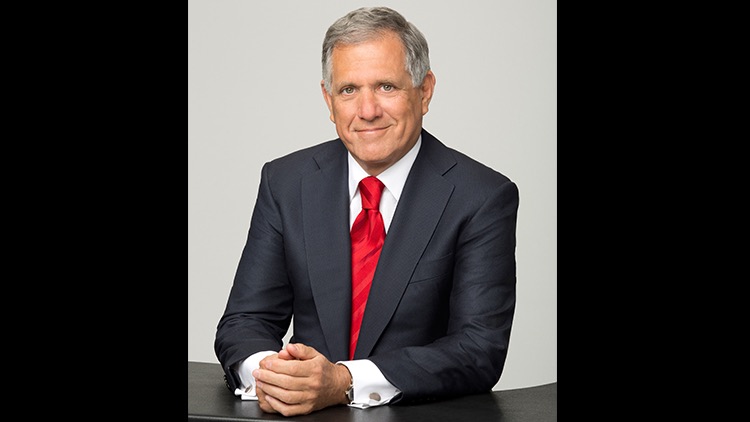Proposed AT&T-Time Warner Merger Highlights Content, Distribution Issues

The smarter way to stay on top of broadcasting and cable industry. Sign up below
You are now subscribed
Your newsletter sign-up was successful
As the proposed acquisition of Time Warner by AT&T works its way through the regulatory machinery in 2017, broader changes in content and distribution will be influencing the media world.
At the end of November AT&T launched DirecTV Now, the latest in a series of virtual multichannel video programming distributors, joining Dish Network’s Sling and Sony’s PlayStation Vue. Offerings from Hulu and YouTube are expected to debut in 2017.
These virtual MVPDs present new competition for cable, satellite and telco distributors. They also upset the applecart for programmers, who must risk carriage of smaller networks to ensure that their big brands reach as many households as possible at a time when cord cutting and skinny bundles are eroding subscriber totals—and distribution revenue.
Though some analysts now say distribution is a more powerful asset than content—which used to be king. Access to programming was the driver behind AT&T bids for DirecTV and Time Warner, according to AT&T CEO Randall Stephenson.
“We think we are in the golden age of TV and we don’t see that changing. And that premium long-form content on a mobile device is going to be a huge demand,” Stephenson said at the UBS Global Media and Communications Conference in New York in December.
Disrupting the Ecosystem
Even if profit margins for DirecTV Now—a product offering 100 channels for $35 a month—are thin for now, Stephenson revels in shaking up the business. “I hope that it disrupts the devil out of the broader cable TV ecosystem. I mean, I really do,” he says.
The smarter way to stay on top of broadcasting and cable industry. Sign up below
James Murdoch, CEO of 21st Century Fox, is trying to embrace the changes that digital is bringing to the industry.
“I feel the streaming environment is a better environment for consumers in terms of user experience for scripted programming, and also really a better business environment for us in terms of monetization,” Murdoch told the UBS conference.
“It’s much more fluid. There’s an opportunity to understand your customer better. Even our wholesale bases, if you have a distributor in between you, there is still a lot more that you can do in terms of product experience, data usage and following the customer in a different way,” Murdoch says. “I think the consumption is going to continue to grow.”
Murdoch also says increased streaming will mean increased consumption. That’s whether companies like Fox create direct-to-consumer products, stream via TV Everywhere authenticated apps with traditional distributors or over new outlets like DirecTV Go.
New Ways to Monetize Content
Like Stephenson, Murdoch says he sees big opportunity in innovative forms of advertising that streaming can offer . “On Hulu, for example, we can put new ad products, lower ad loads, better prices. We can really utilize data in a different way,” Murdoch says.
CBS has jumped into streaming with its CBS All Access and Showtime OTT products. Each one has more than a million subscribers, according to the company, which projects having 8 million subscribers by 2020.
Seeking Total Audience Measurment
To monetize those businesses, as well as traditionally distributed content, some form of total audience measurement is needed. “We think as long as things get measured properly, we are going to be in far better shape than ever before,” CBS CEO Les Moonves says.
At least one major media agency, GroupM is also calling for total audience measurement to be used as soon as in the 2017 upfront .
“There was an interesting statistic that with all the talk about network television going down, this past year we had more viewers than we did 15 years ago,” Moonves says. “The important thing is now counting them.”
With AT&T looking to buy Time Warner and Charter having swallowed up Time Warner Cable, consolidation will be something the industry will have its eyes on in 2017.
For the time being, the Redstone family, which controls CBS and Viacom, has seen its efforts to combine those companies halted.
Moonves insists that while CBS probably will never be big as Disney or Apple, “we are able to play the game just fine.”
Jon has been business editor of Broadcasting+Cable since 2010. He focuses on revenue-generating activities, including advertising and distribution, as well as executive intrigue and merger and acquisition activity. Just about any story is fair game, if a dollar sign can make its way into the article. Before B+C, Jon covered the industry for TVWeek, Cable World, Electronic Media, Advertising Age and The New York Post. A native New Yorker, Jon is hiding in plain sight in the suburbs of Chicago.

